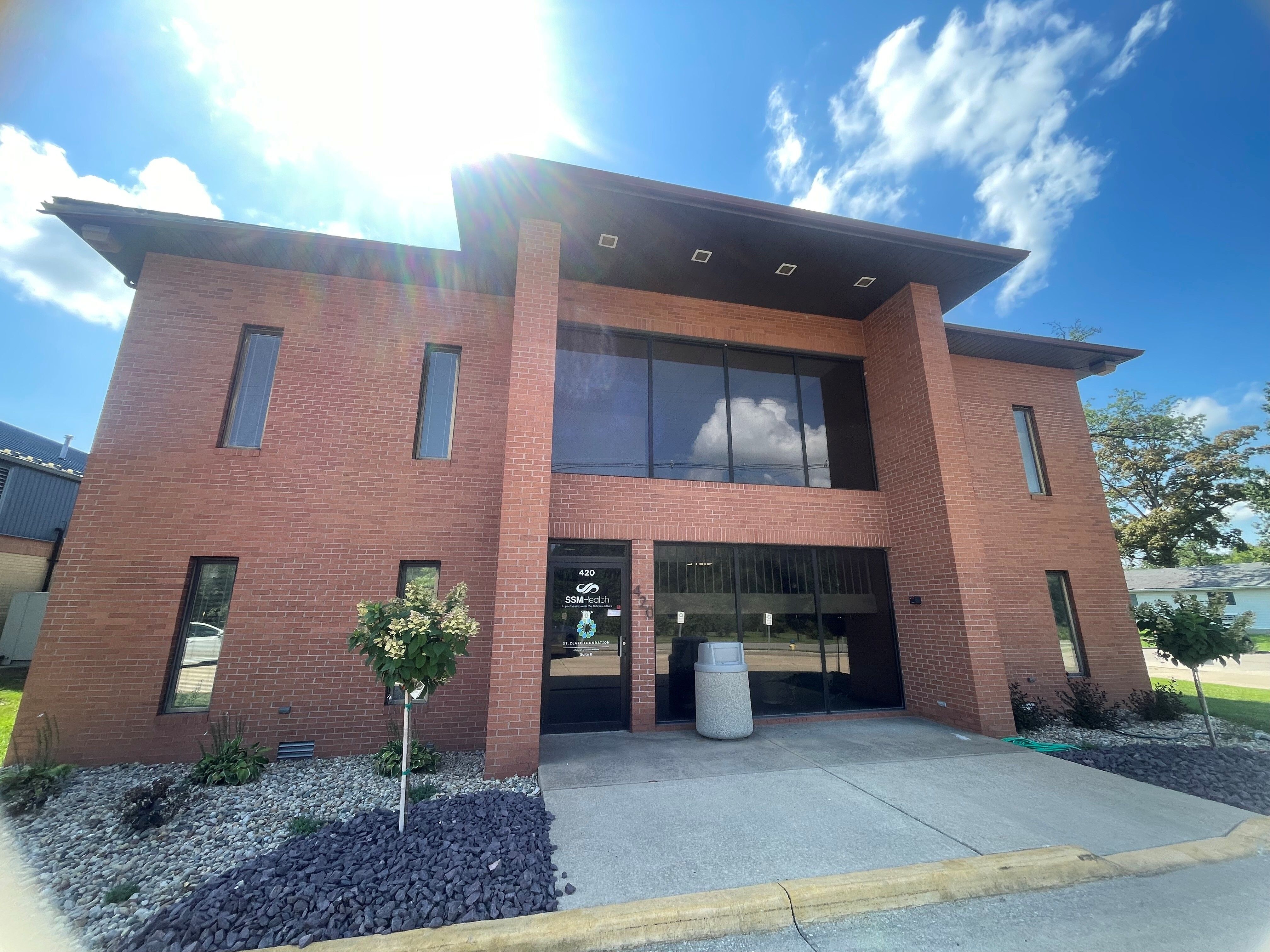
The St. Clare Foundation, as a Felician-sponsored ministry, works to multiply the resources dedicated to improving the community’s health and well-being with a special emphasis on youth/adolescent mental health/substance abuse issue prevention.
- We're Creating a Catalyst for a Healthy Community by using Felician funding as an opportunity to create a new community resource – a Felician-sponsored foundation to improve health status, especially among the most vulnerable.
- Bring greater focus on gaps in health services delivery as well as on the social determinants of health.
- Serve as a catalyst for change - working in collaboration with local community providers to:
- Better coordinate community resources
- Address health care access
- Address seamless integration of person-centered services.
- Address root causes of health disparities in social determinants of health
- We're Here to Coordinate Fragmented Community Resources. There are some outstanding and committed providers and organizations in the community working to address local challenges, but there are too few, and they are working independently and are not always coordinating their work.
- The St. Clare Foundation, as a Felician-sponsored ministry, serves as a navigator and collaborator to improve access to needed services while addressing the social determinants of health in a coordinated way.
- With a trusted community organization to call resources together, the St. Clare Foundation can develop coordinated systems of care with access to expertise & funding to foster improved health and social outcomes.
Foundation Services & Key Communities
The St. Clare Foundation serves those most in need, with special emphasis on adolescent/youth mental health. We bring our mission to life in the communities we serve by providing services designed to improve community health and increase access to care resources.
Unmet Community Health Needs
Strong consensus emerged about key ongoing unmet community health needs:
- Substance Abuse
- Mental Health


Unmet Community Social Needs
The Community Health Needs Assessment also identified several recurring unmet social needs, particularly for the most vulnerable populations, including:
- Lack of Access
- Lack of Care Coordination/Integration

The most vulnerable populations:
- Low-income residents
- Elderly
- Children


